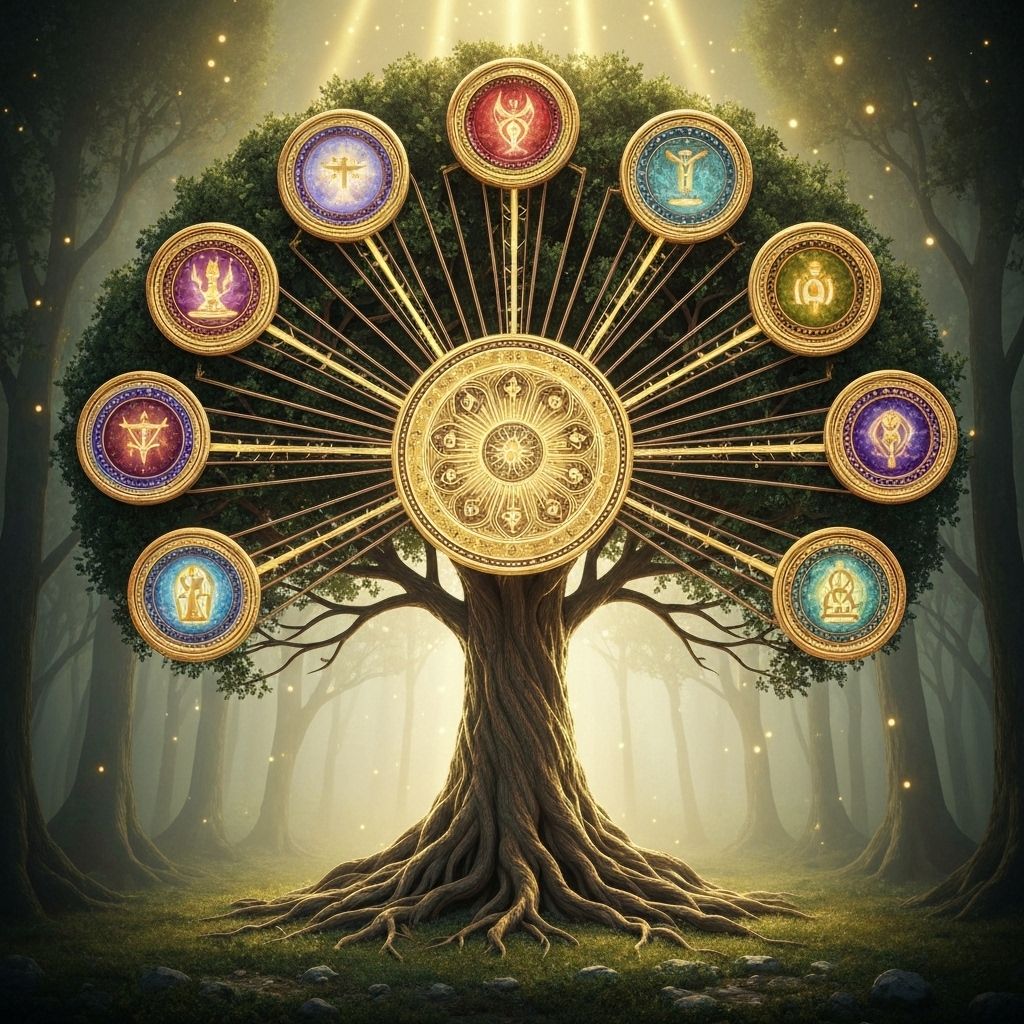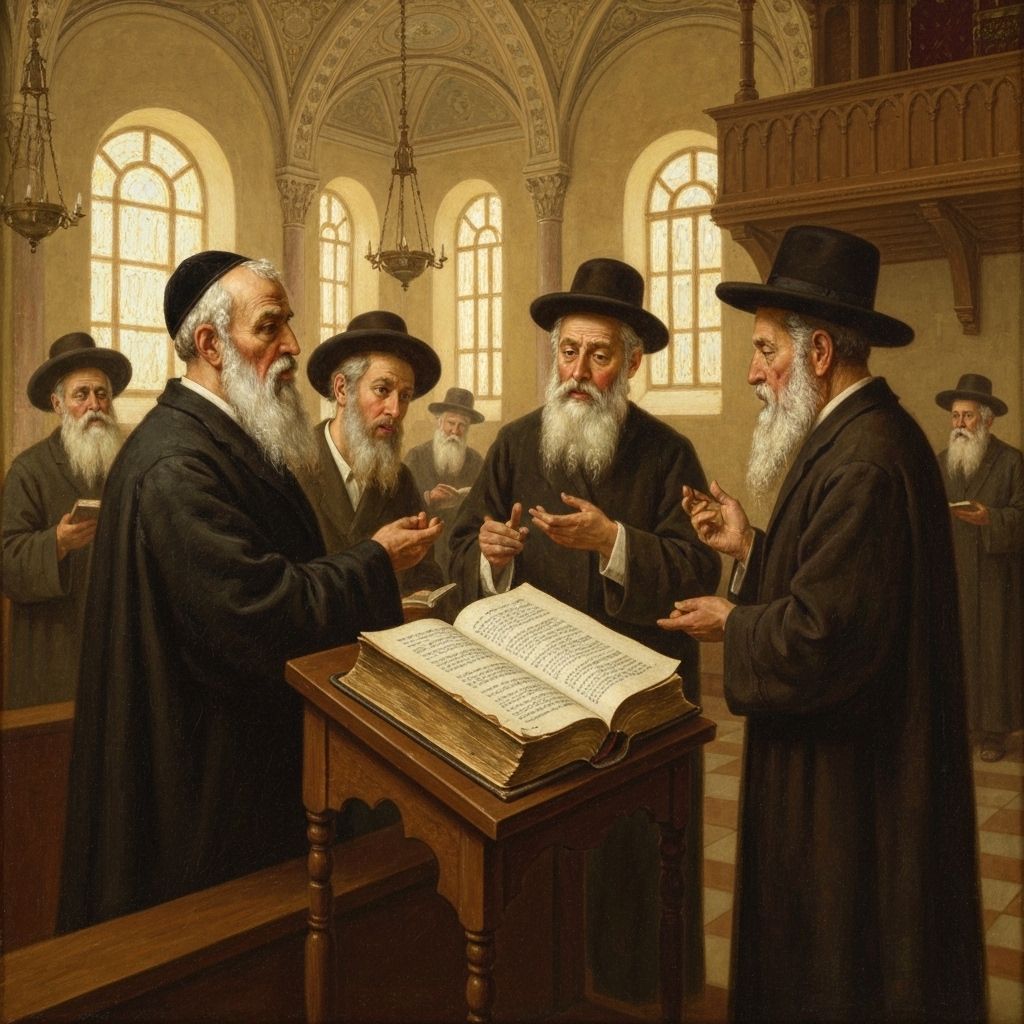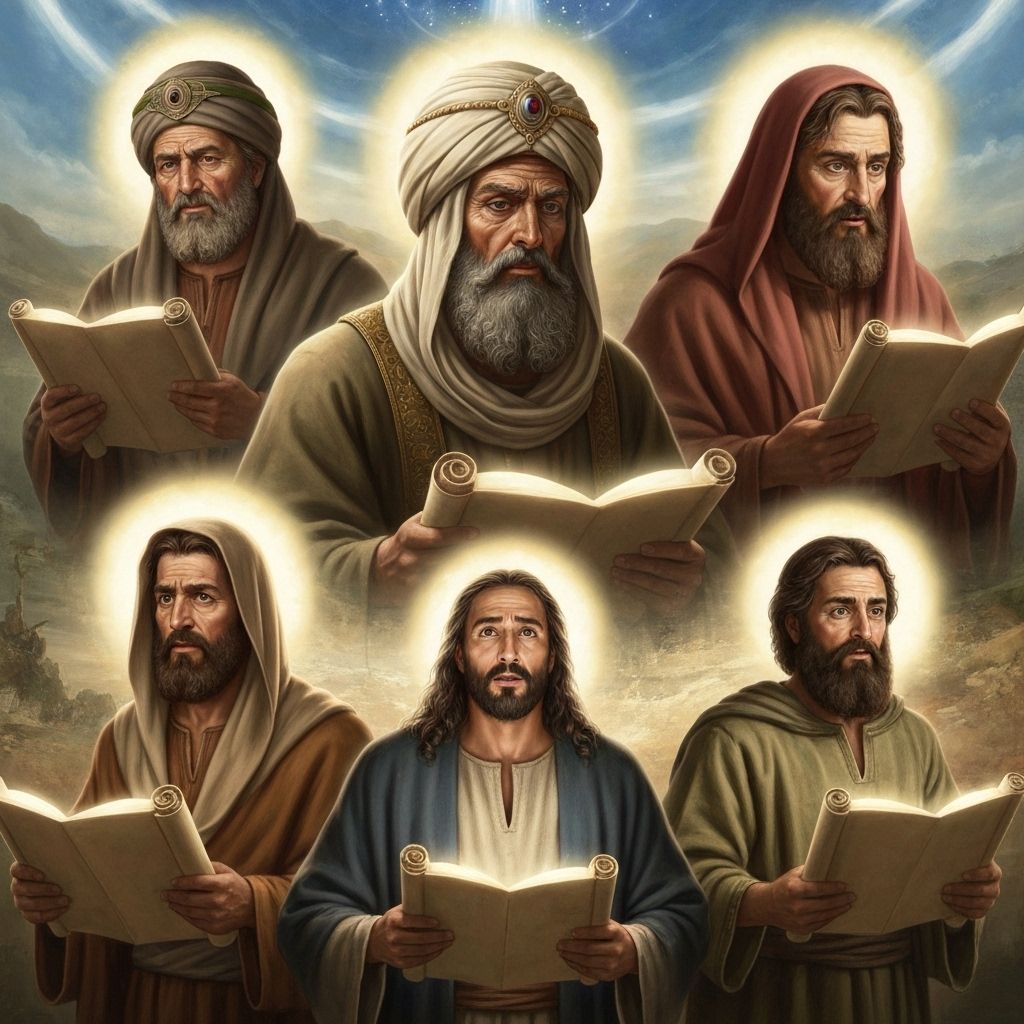3-Minute Summary
The Words of the Torah Explained with Help from Rashi and Ramban
Rashi (1040-1105) was a medieval French rabbi whose commentary on the Torah and Talmud is considered essential reading. His explanations focus on the plain meaning of the text and are known for their clarity and accessibility.
Ramban (1194-1270) was a Spanish rabbi, physician, and philosopher who provided deeper mystical and philosophical insights into the Torah, often building upon Rashi's work while adding his own profound interpretations.
Parsha Re'eh ('See') emphasizes the importance of perception and choice in spiritual life. Moses instructs the people to 'see' the reality of God's presence and to make conscious choices that lead to life and blessing.
The parsha establishes the laws of the central sanctuary, prohibiting sacrifice anywhere except the chosen site. This centralization of worship prevents idolatry and creates national unity. It also describes the blessings that will come from obedience and the curses that follow disobedience.
Moses presents the dietary laws (kashrut), explaining that these laws sanctify the act of eating and create holiness in everyday life. The parsha also establishes the laws of tithes, requiring giving a portion of produce to support the Levites, the poor, and the Temple.
The sabbatical year laws and the pilgrimage festivals (Passover, Shavuot, Sukkot) are introduced, creating cycles of rest, celebration, and renewal that sanctify time itself.








